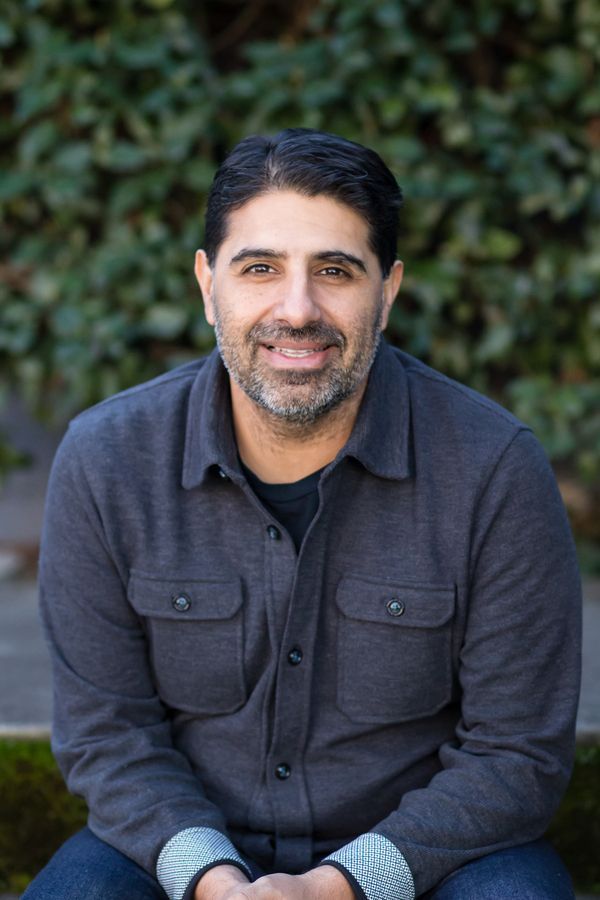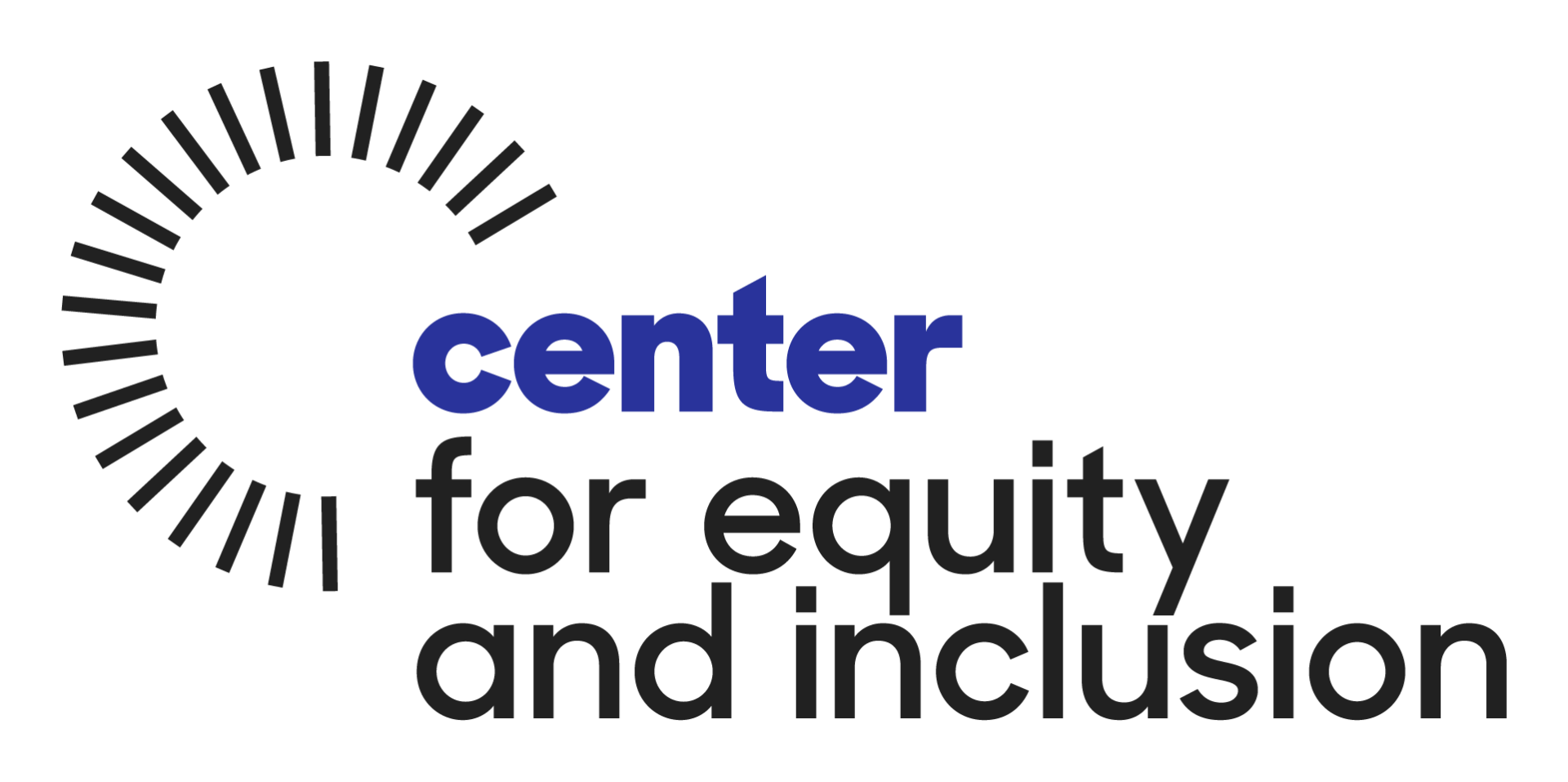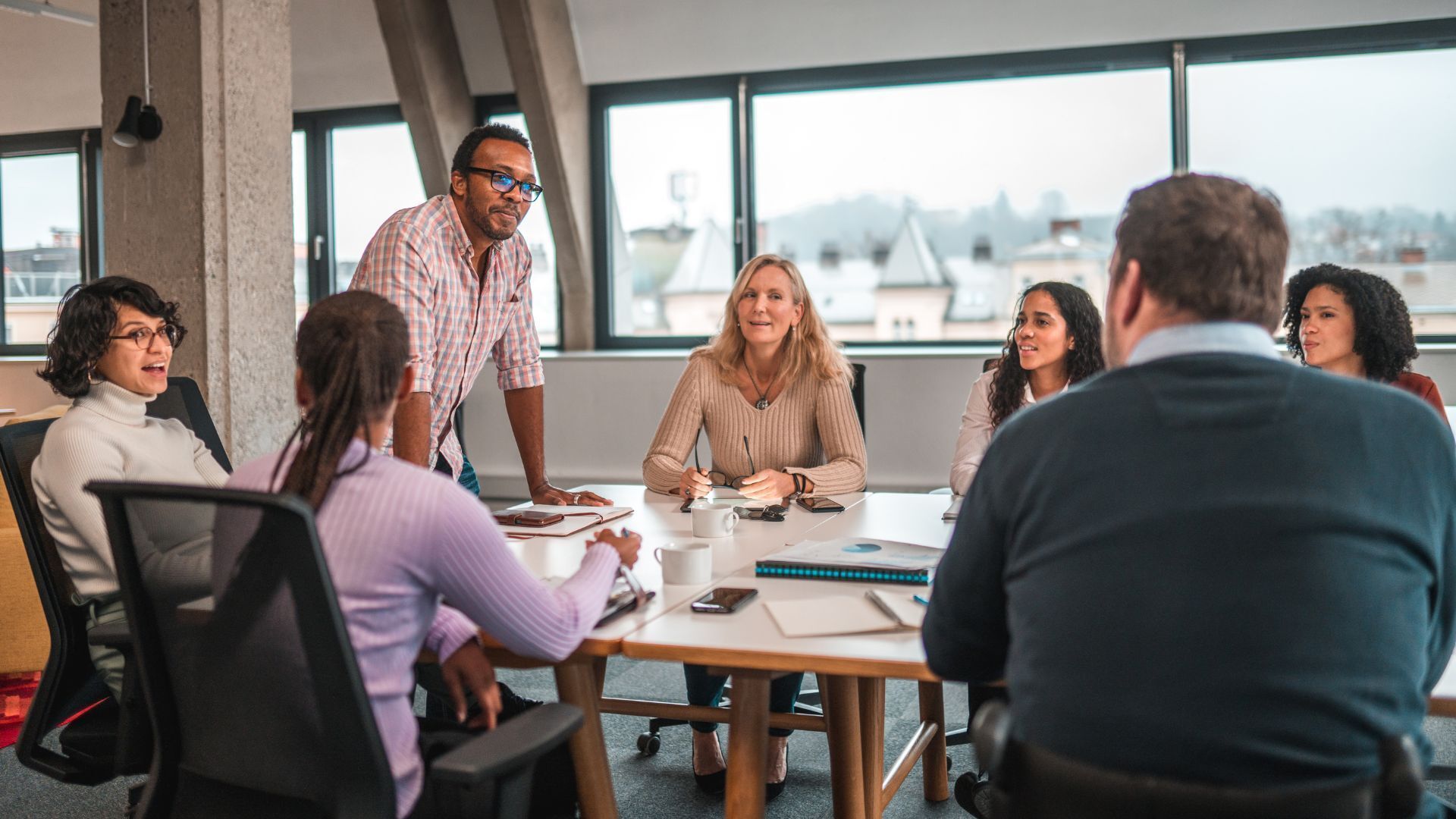Last night my eleven-year-old daughter, Amina, asked the question she always asks at dinner: “Dad, did you make things better today?” It is a simple test, yet it captures what inclusive workplaces are about—people wanting to feel safe, valued, and able to grow. When that happens, teams shine. When it does not, energy and talent slip away. Gallup estimates that disengagement costs U.S. companies hundreds of billions of dollars every year.
If your organization is committed to equity and inclusion, the challenge is clear: turn good intentions into daily habits that everyone can feel. These three moves come from our work in the field and form the core of our upcoming Facilitator Training Intensive, June 2–6.
1. Turn “working agreements” into living agreements
Most organizations create guidelines for how they will treat one another, then file them away in a handbook or post them on a forgotten wall. A living agreement stays in motion: it is reviewed in staff meetings, refined when new voices join, and revisited when tension shows up.
What it looks like in practice
- Start each project by reading the agreement aloud.
- Invite staff to flag moments when the group drifts from its commitments.
- Adjust language when the team grows or goals shift.
Teams that do this build psychological safety and reduce conflict before it takes root. In our training, leaders practice creating and facilitating these agreements so they breathe, not collect dust.
Participants in our Facilitator Intensive practice designing and facilitating living agreements that are dynamic, protective, and empowering, ensuring they drive daily culture rather than fade into the background.
A 2022 Harvard Business Review study found that teams with strong psychological safety saw a 27% increase in innovation and a 76% improvement in collaboration quality."
2. Hold adaptive conversations at the leadership level
Inclusion stalls when executive teams cannot state a shared commitment in plain language. Adaptive conversations surface the hard questions:
- What does true commitment to equity mean here?
- Where are we falling short?
- How will we hold ourselves responsible for progress?
In the Facilitator Intensive, we coach leaders to navigate these complex, high-stakes conversations with confidence, nuance, and skill. When the top is clear and united, the rest of the system can move with confidence.
According to Deloitte’s 2021 Global Human Capital Trends, 69% of organizations with strong leadership alignment on equity and inclusion reported higher employee trust and engagement scores.
3. Redefine accountability as shared ownership
Too many workplaces treat accountability as punishment. Inclusive cultures see it as an invitation to recommit.
At The Center, we emphasize an equity-centered accountability process where:
- Move from “Who is at fault?” to “What agreement did we miss, and how do we restore it?”
- Interrupt harmful behavior respectfully and on the spot.
- Close the loop: name the repair, outline the lesson, and thank people for staying engaged.
After a local nonprofit we worked with adopted this approach, staff engagement climbed, and turnover fell within six months.
A 2023 report from the Center for Creative Leadership found that organizations emphasizing constructive accountability saw a 42% reduction in turnover and a 31% improvement in overall team performance."
Throughout the Facilitator Intensive, participants develop the skills to foster feedback cultures that encourage ownership, curiosity, and empowerment, applying real-world strategies to shift how organizations think about accountability.
Last night, after the dinner‑table check‑in, Amina slipped me one more question as I tucked her in: “What are you going to do tomorrow to make things better?”
That quiet challenge is the heartbeat of this work. My answer—our answer—starts with the next conversation we have about inclusion and the next habit we choose to practice.
I invite you to carry her question into your own workplace and let it guide each step you take toward a culture where every person can thrive.
Ready to build inclusion that lasts?
Embedding inclusion takes skill, structure, and steady practice. Our Facilitator Training Intensive, June 2–6 in Portland, Oregon, equips you to lead each of these moves with confidence. You will leave with tools you can apply on day one—living agreements, leadership conversation maps, and an accountability framework that fuels growth instead of fear.

Hanif Fazal, Managing Partner, The Center Consultancy



